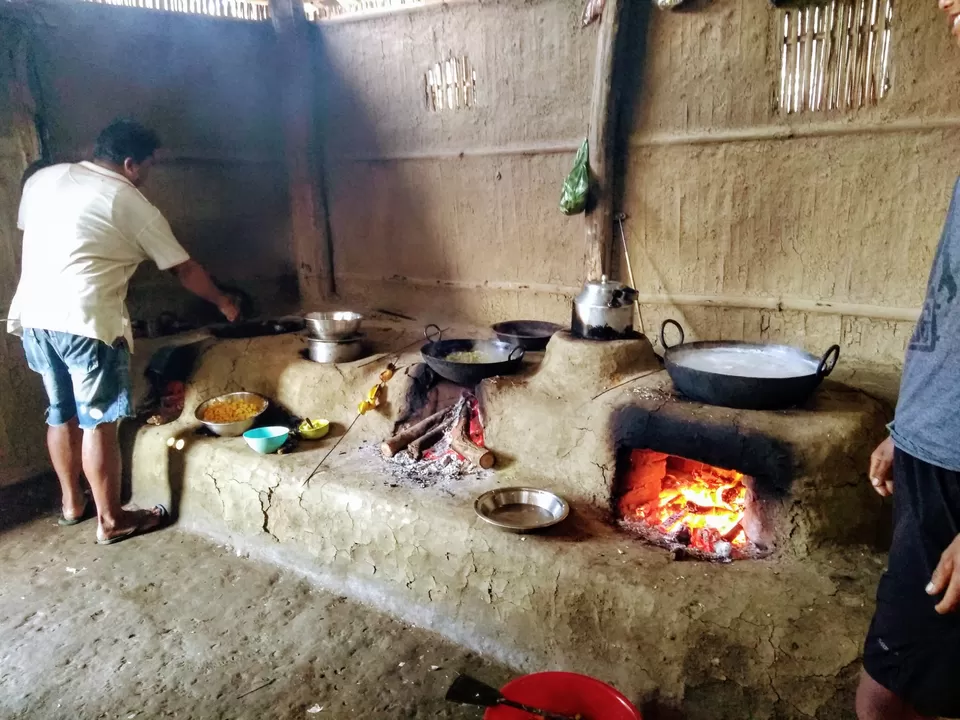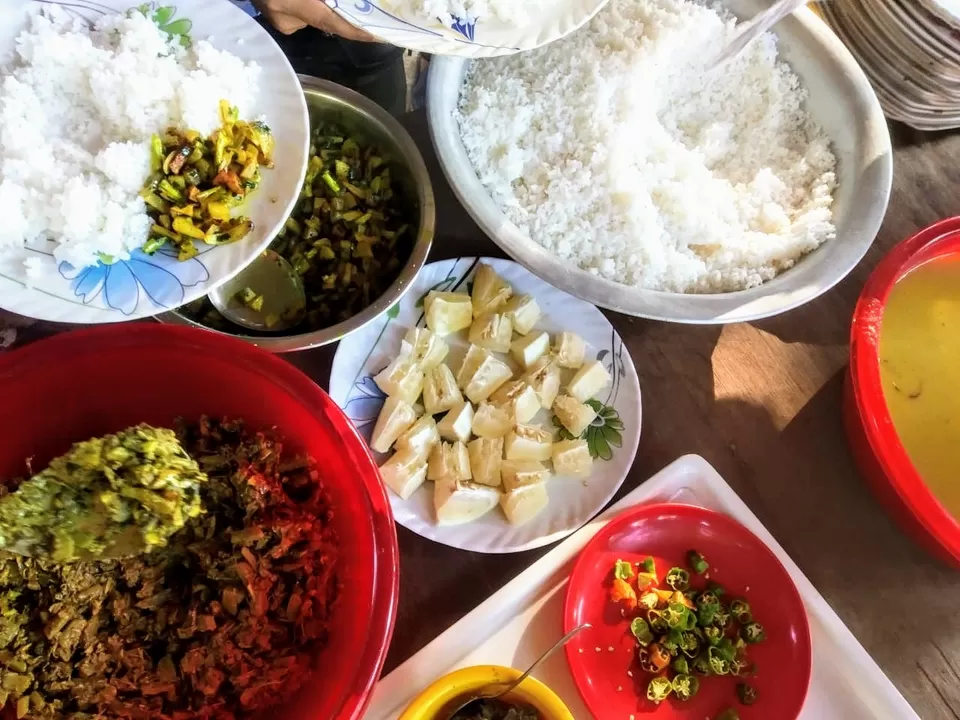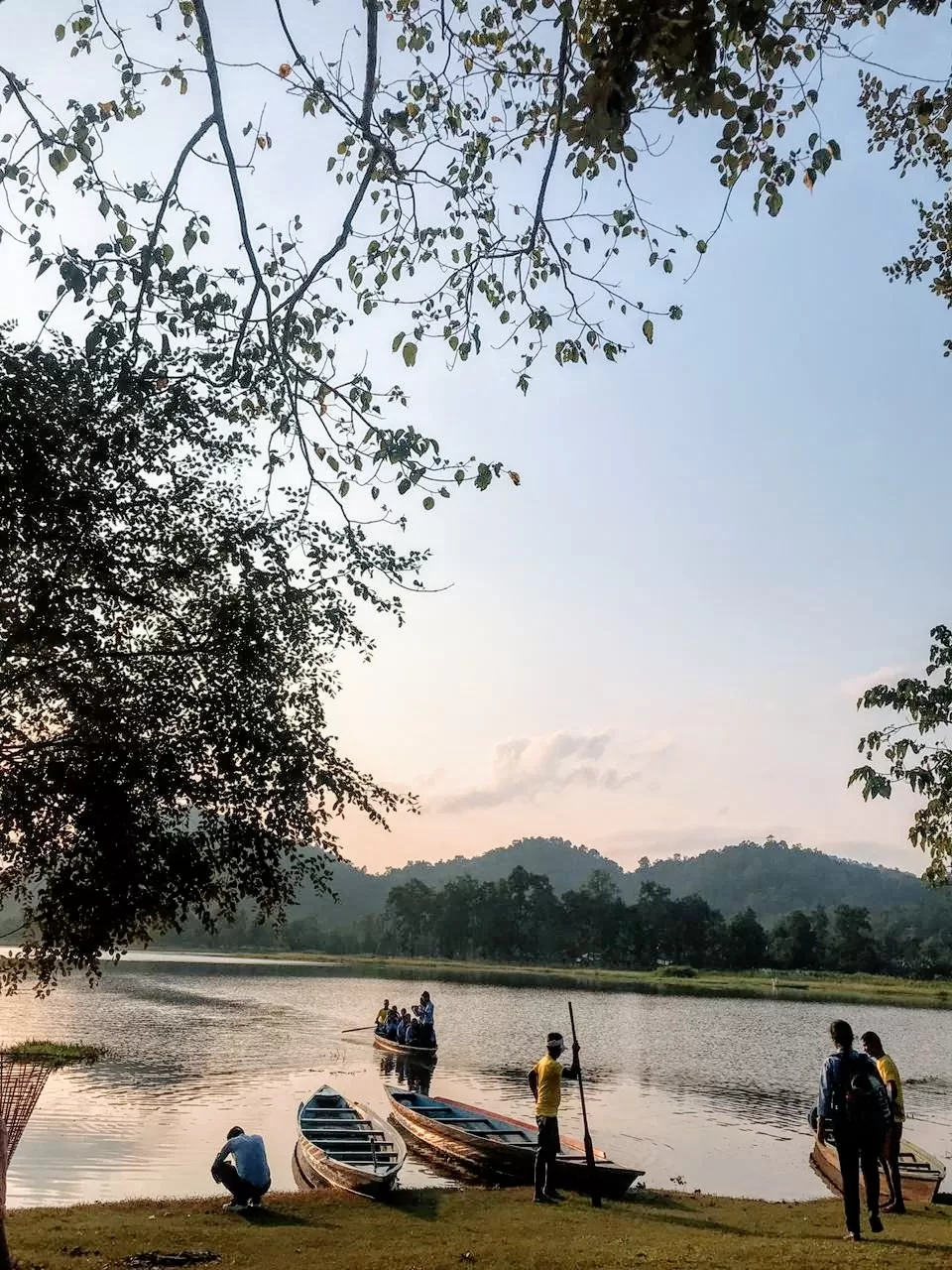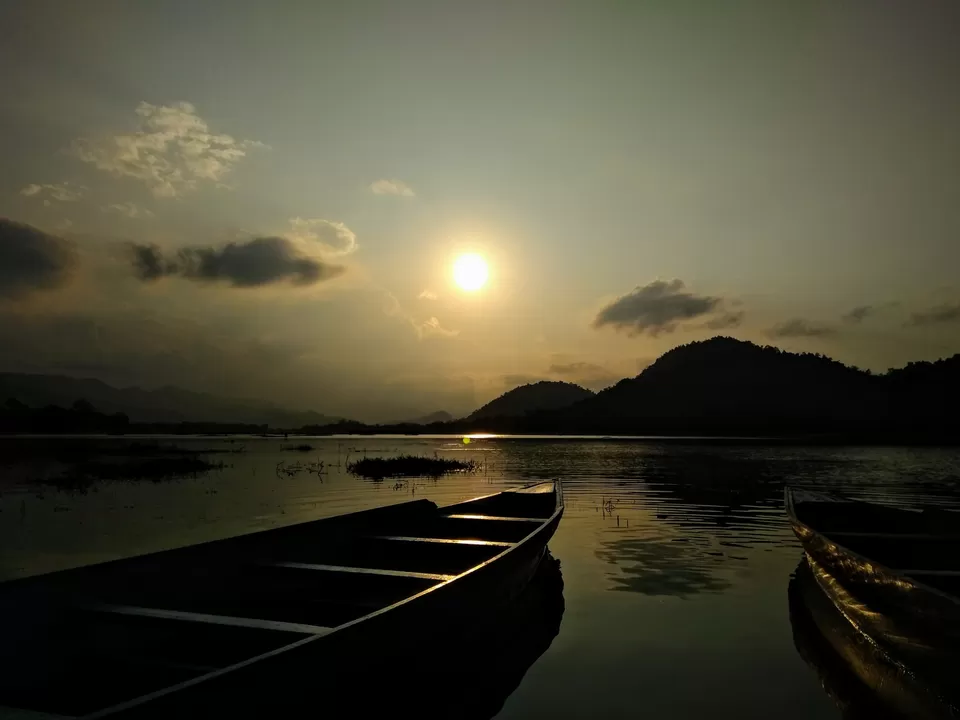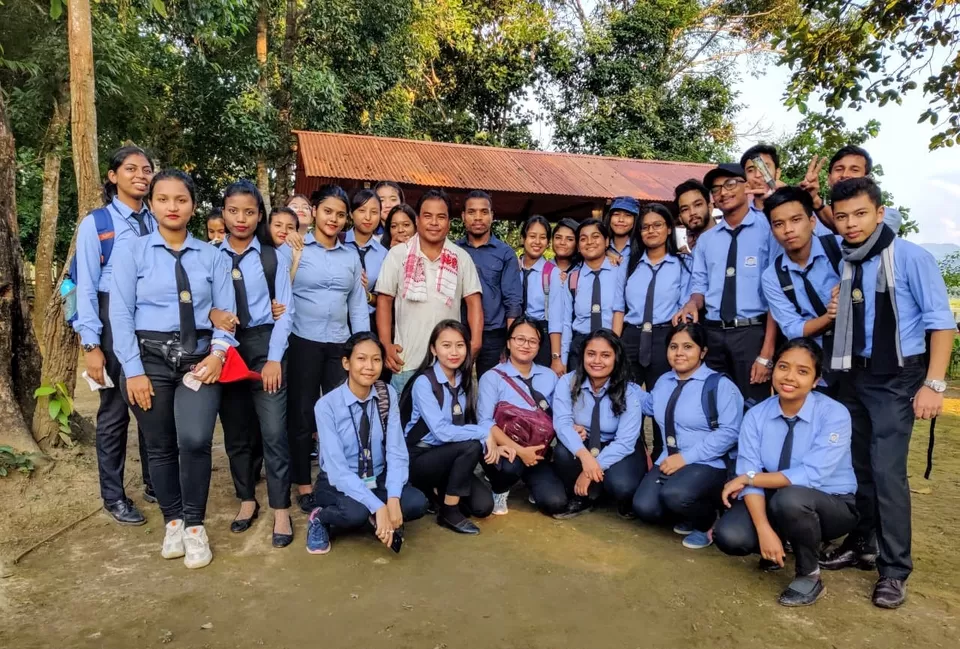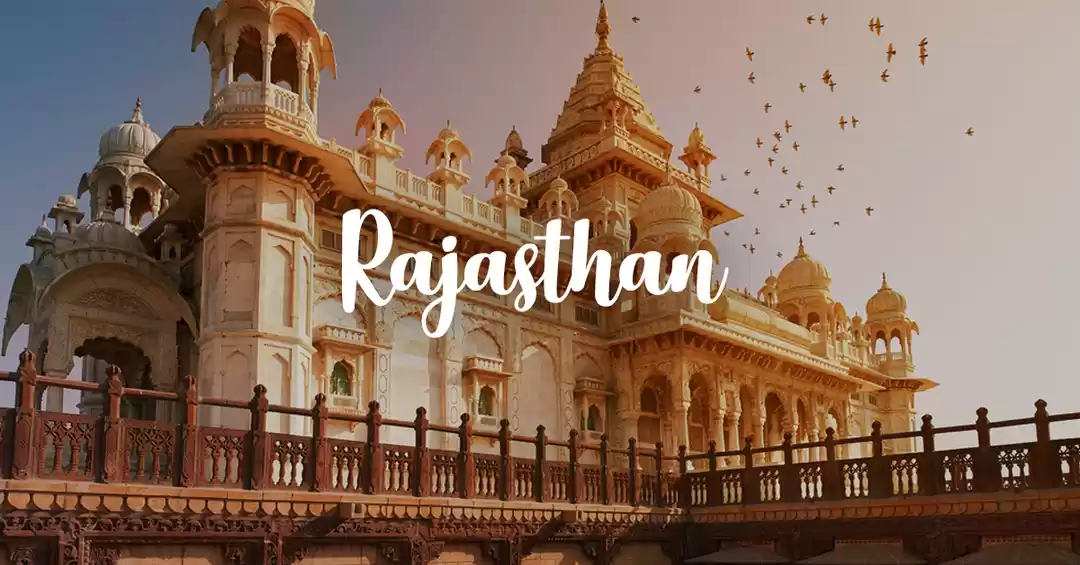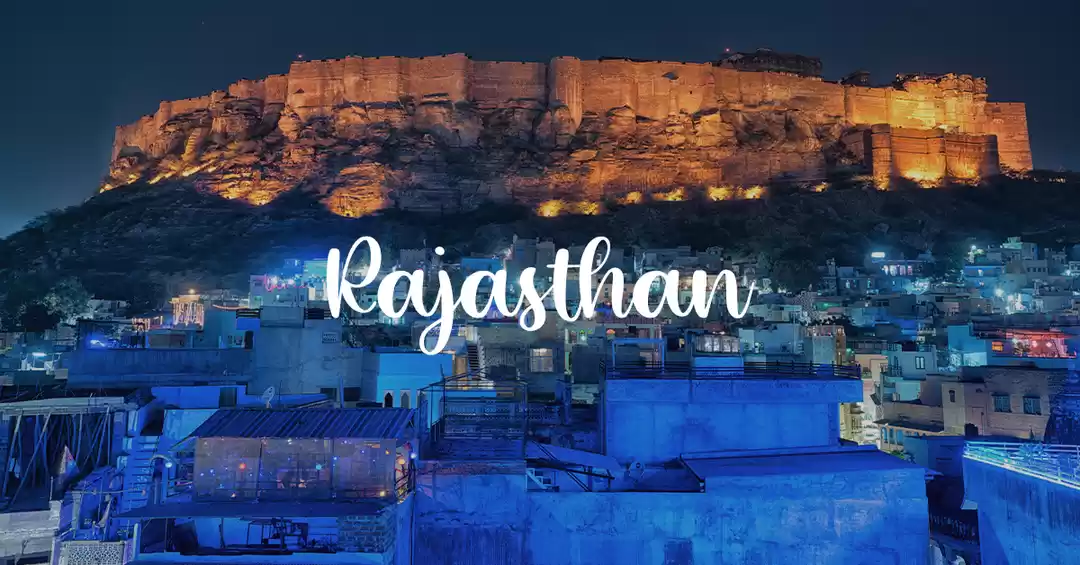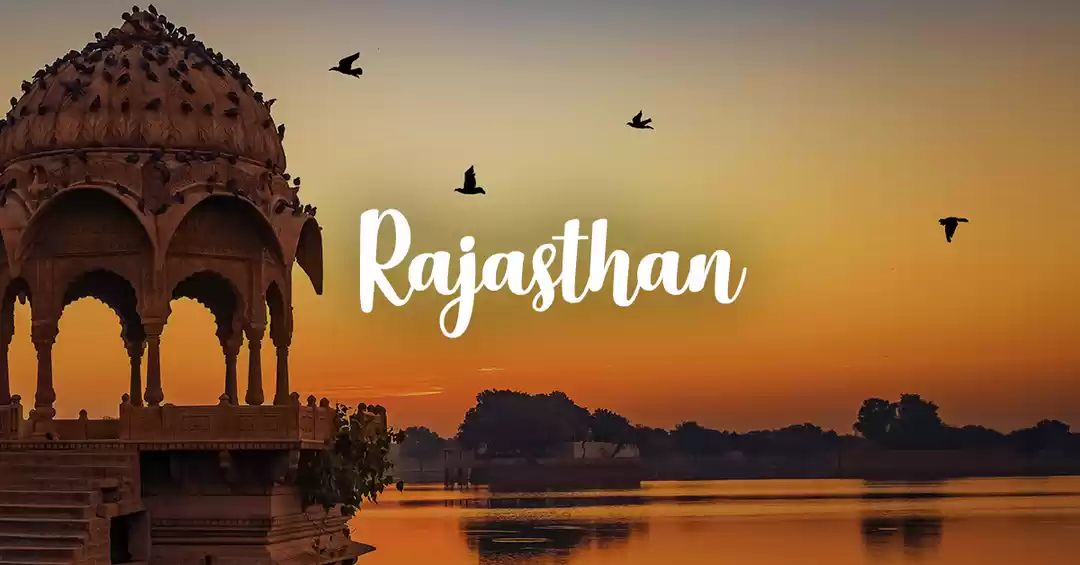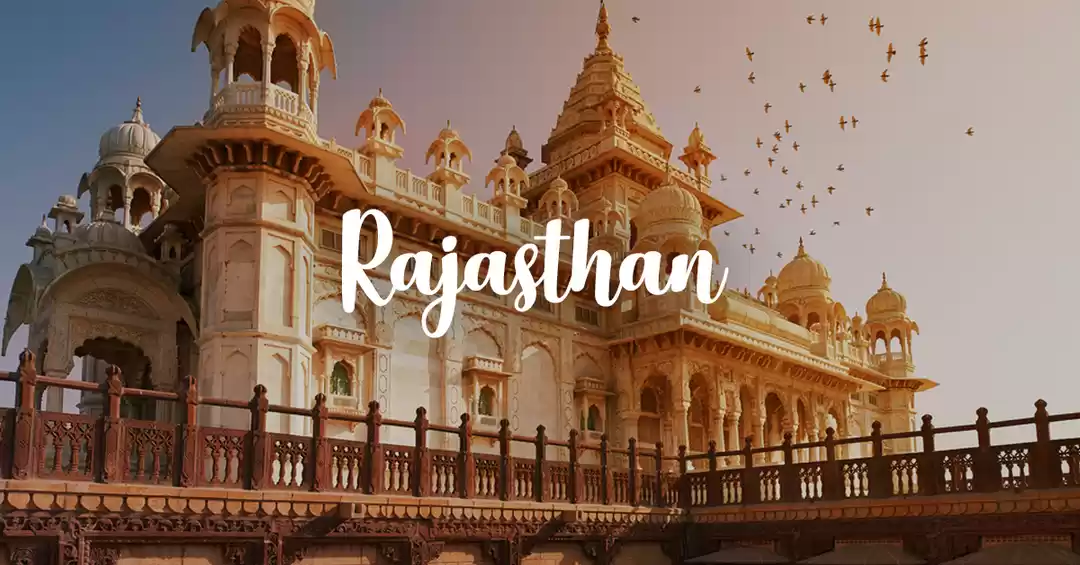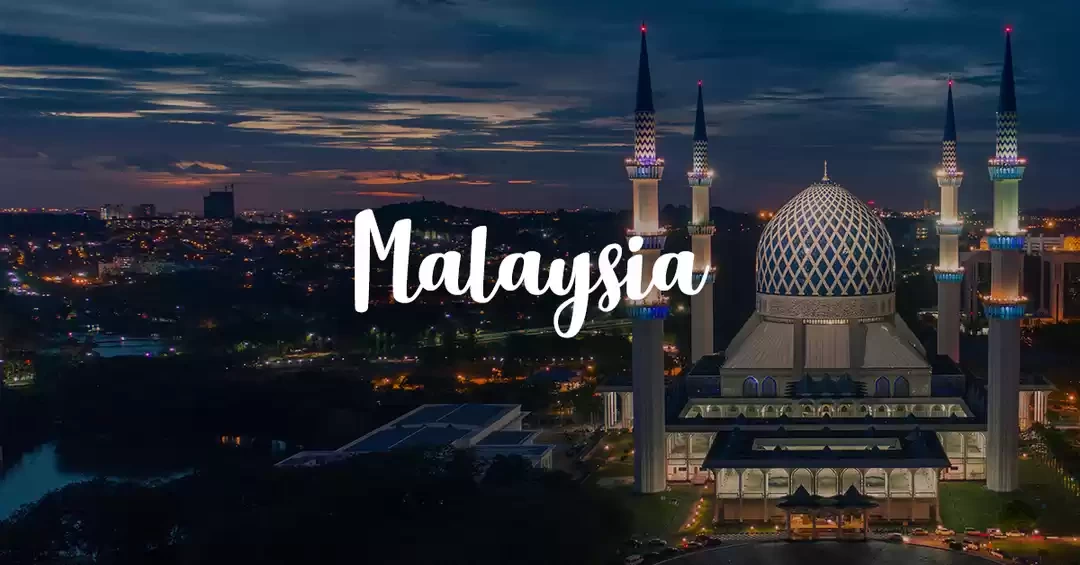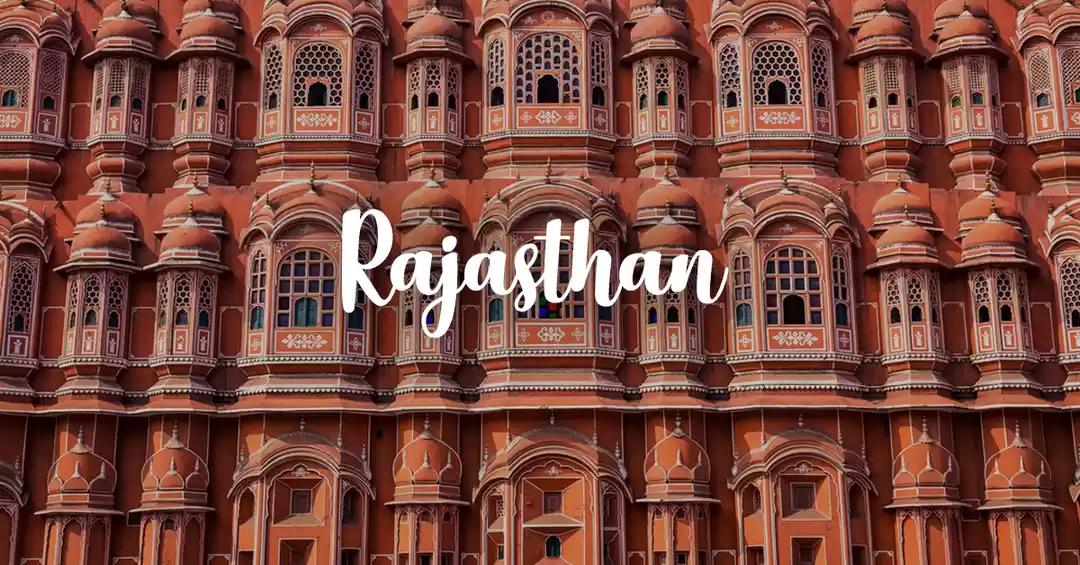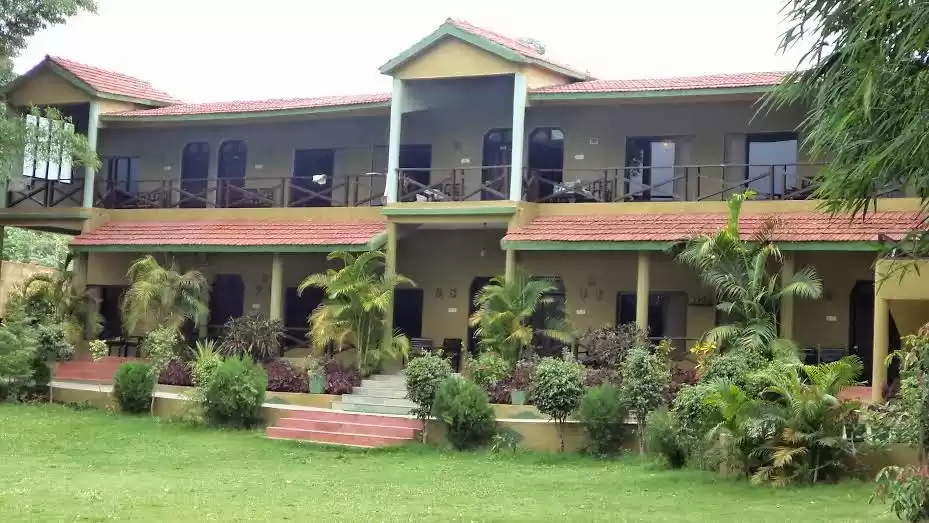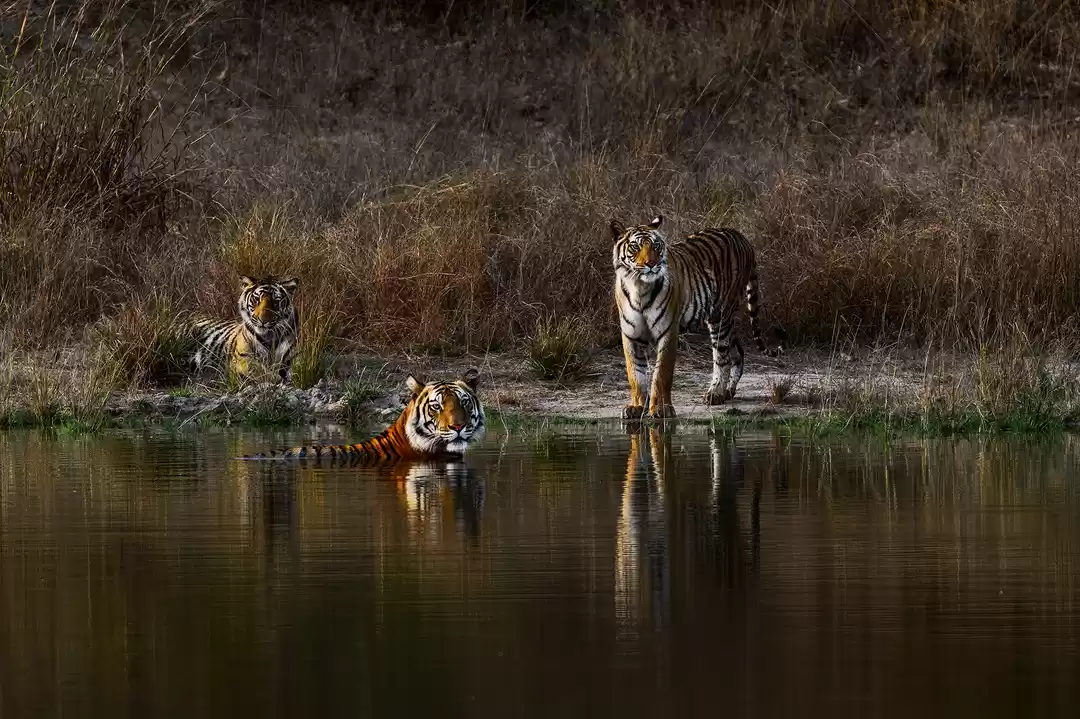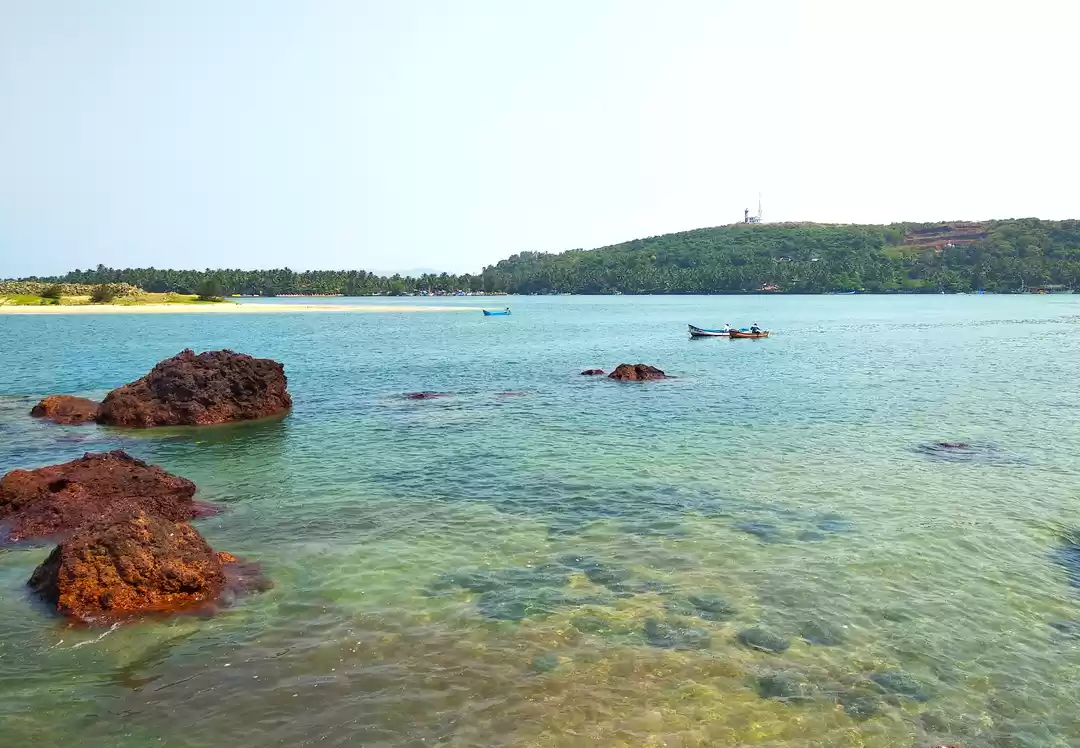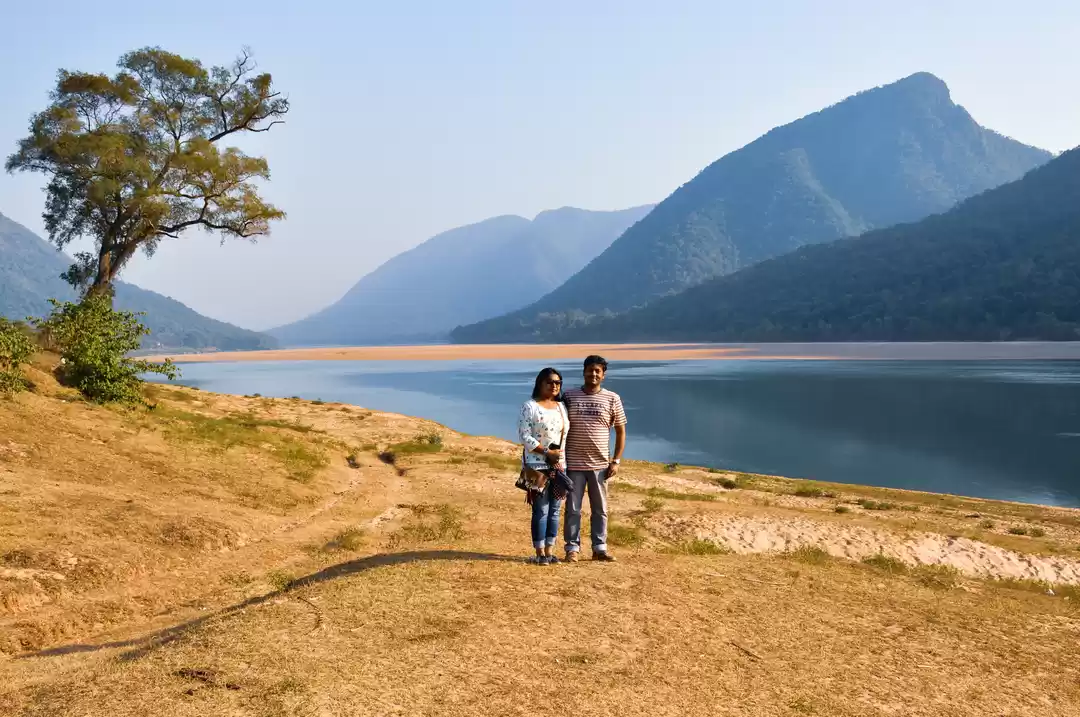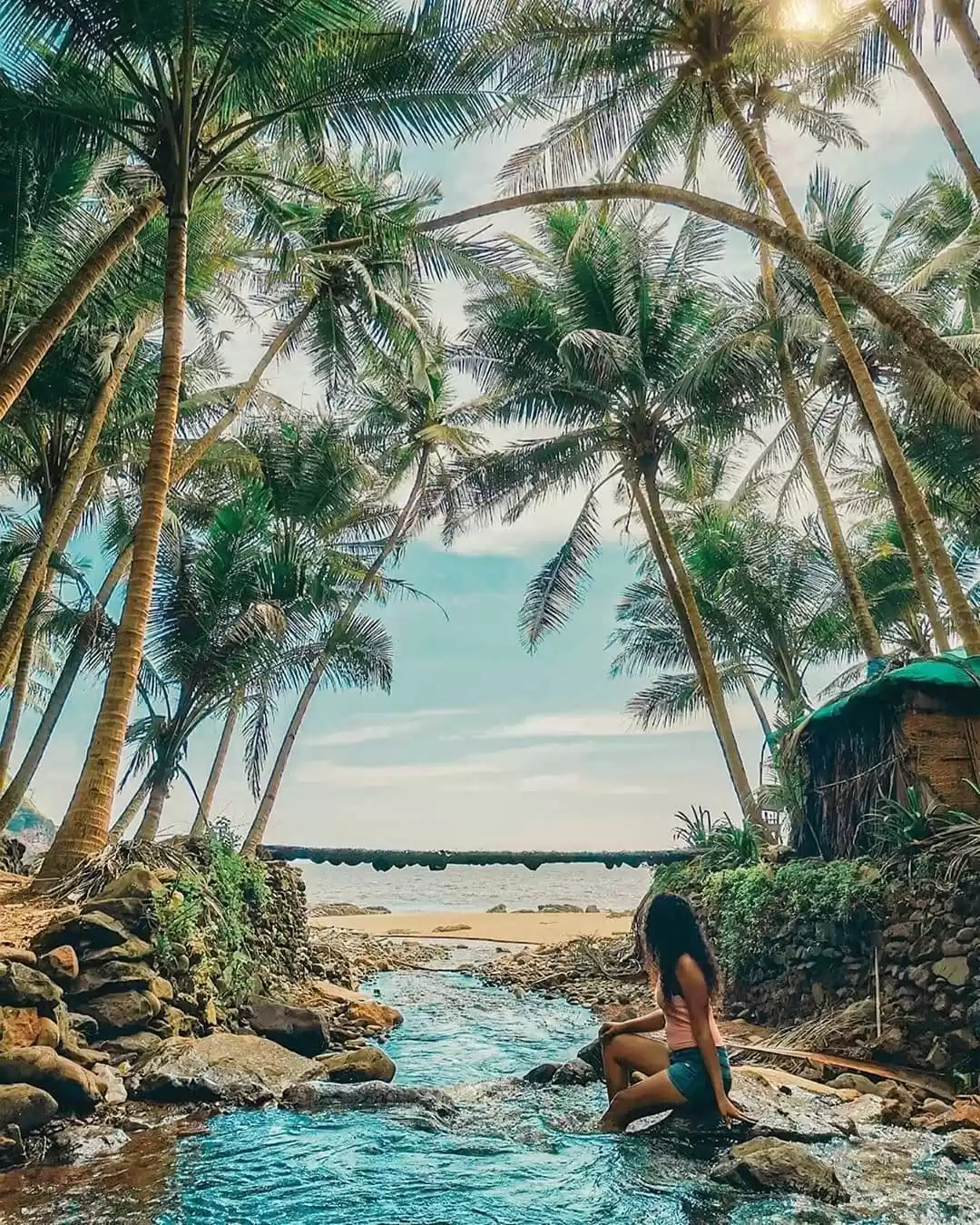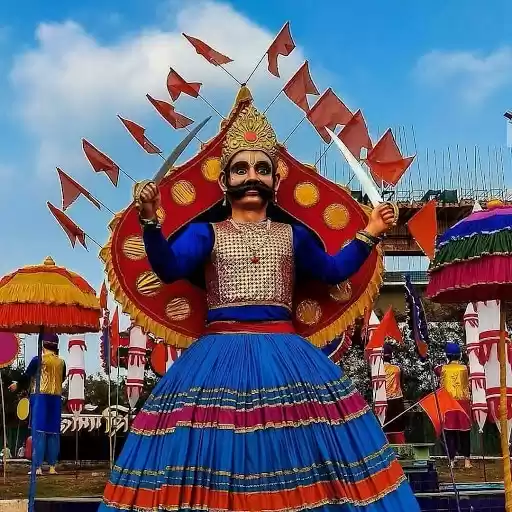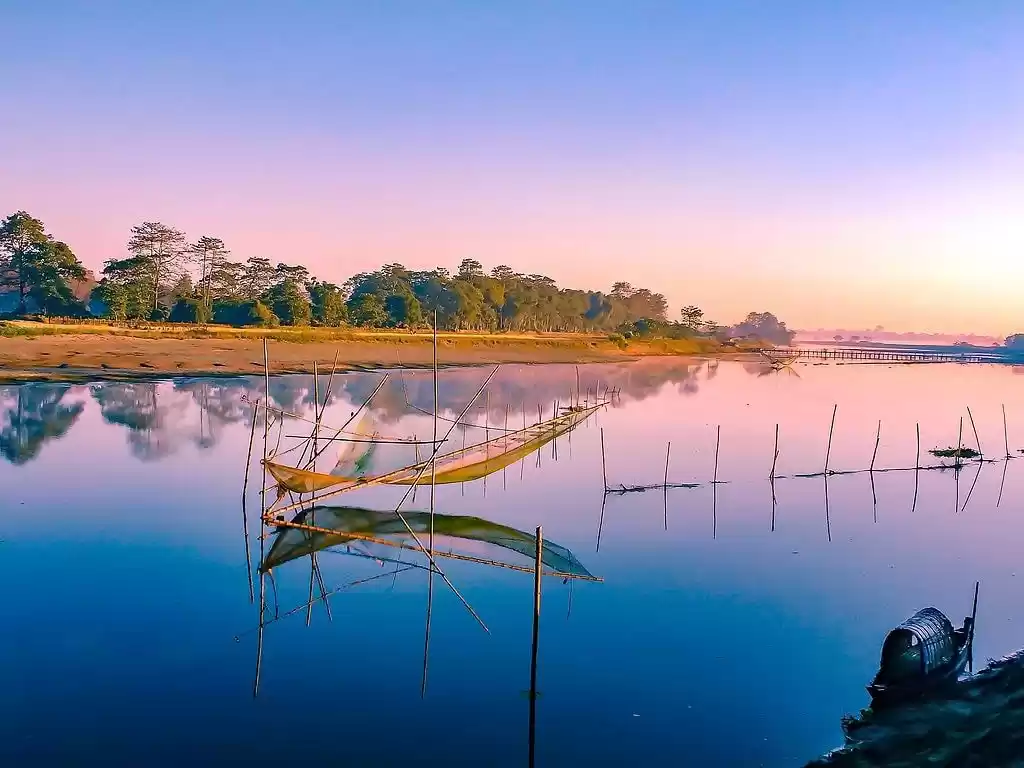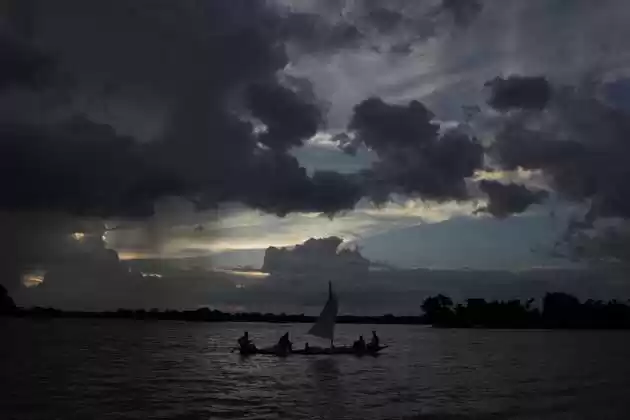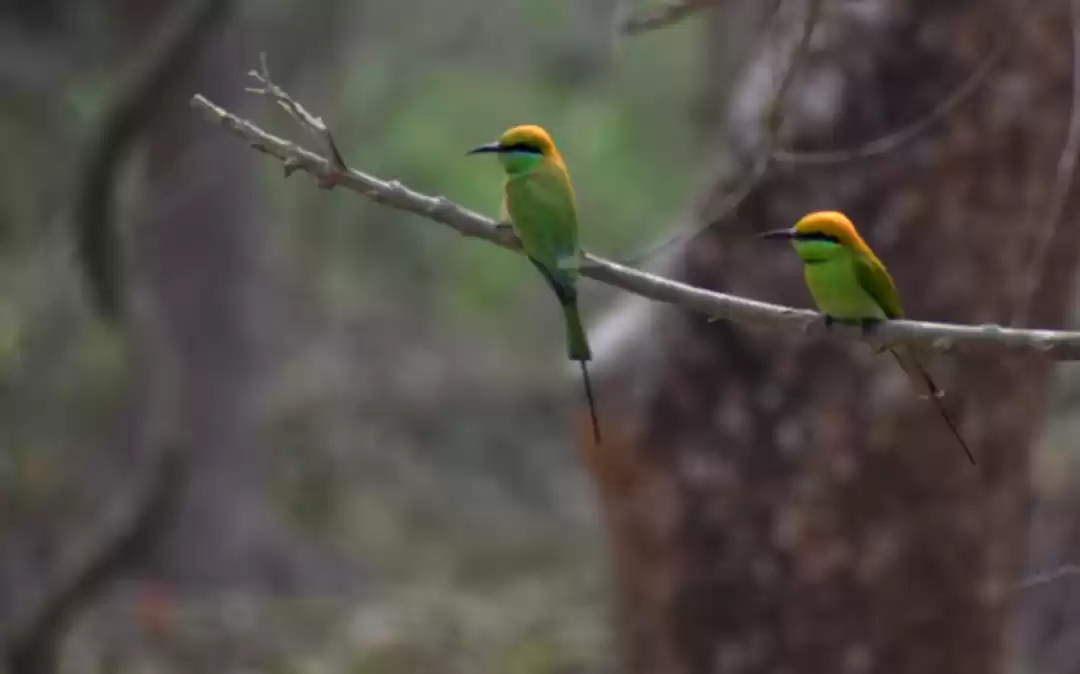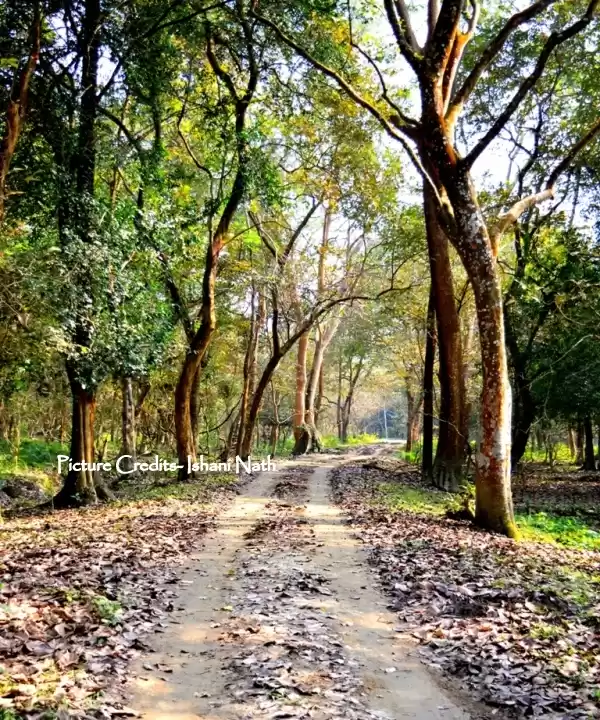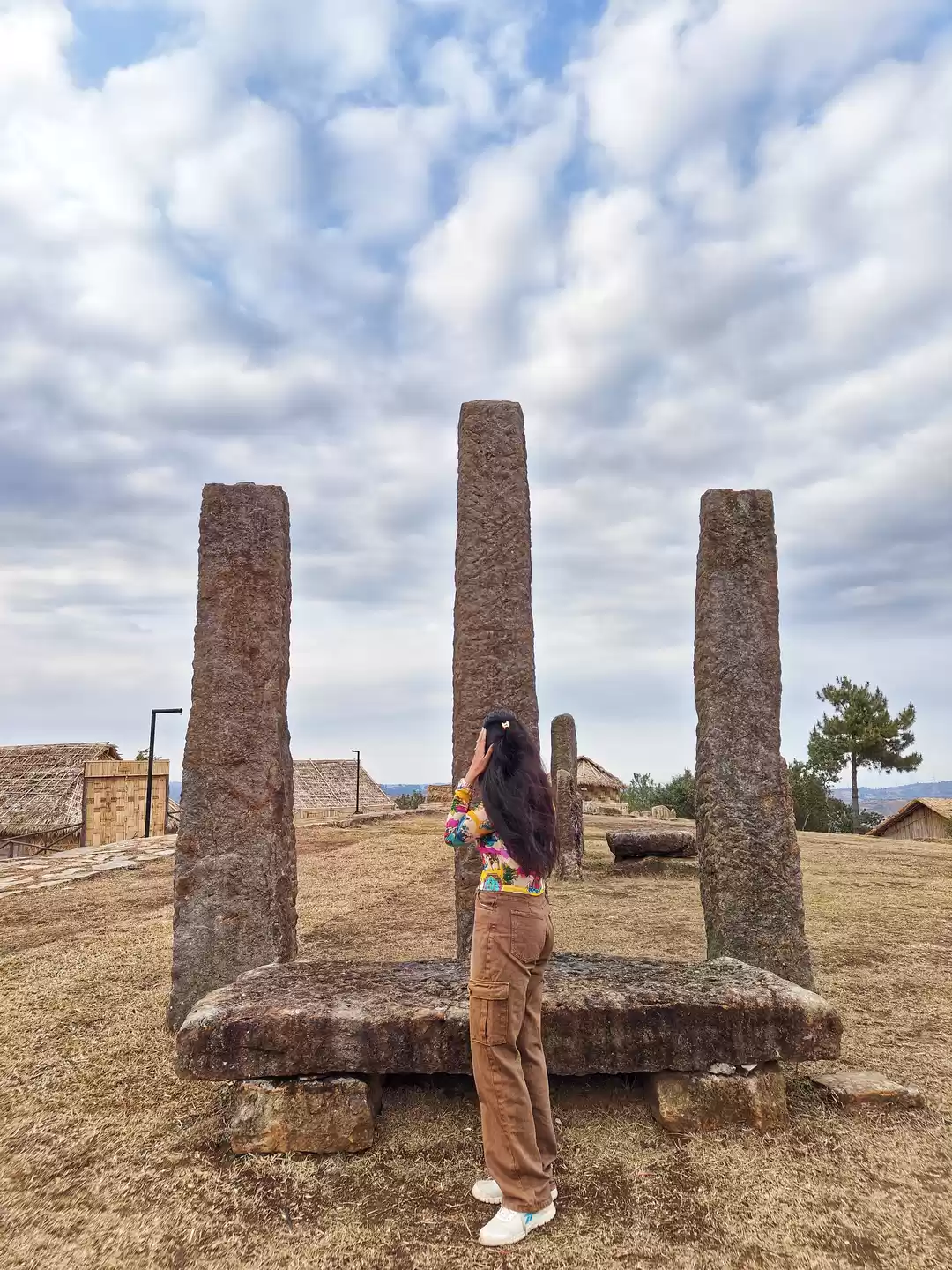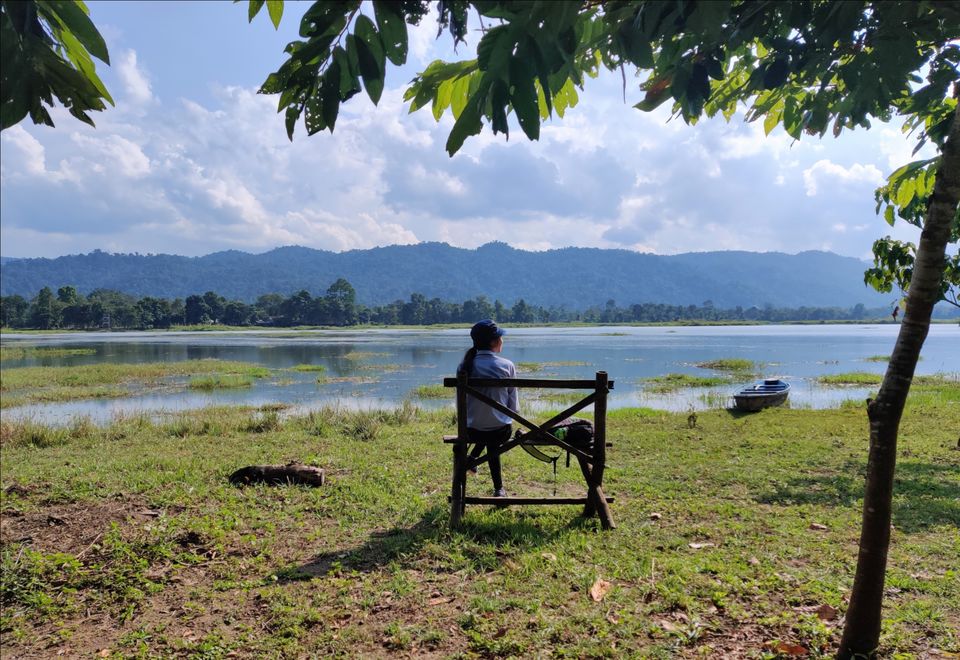
Chandubi is located at a distance of 65 km from Guwahati. This wetland is bordered by the Borduar Reserved Forest to its north & the Mayong Hill Reserved Forest to its south at the foot of Garo hills surrounded by Assam and Meghalaya. It is a 2 hour journey by a cab or bus from Guwahati city. One can take the route through Mirza, or through Rani.
We took the route through Rani, and got a pleasant welcome with good condition of roads and vast tea garden and dense green forest.
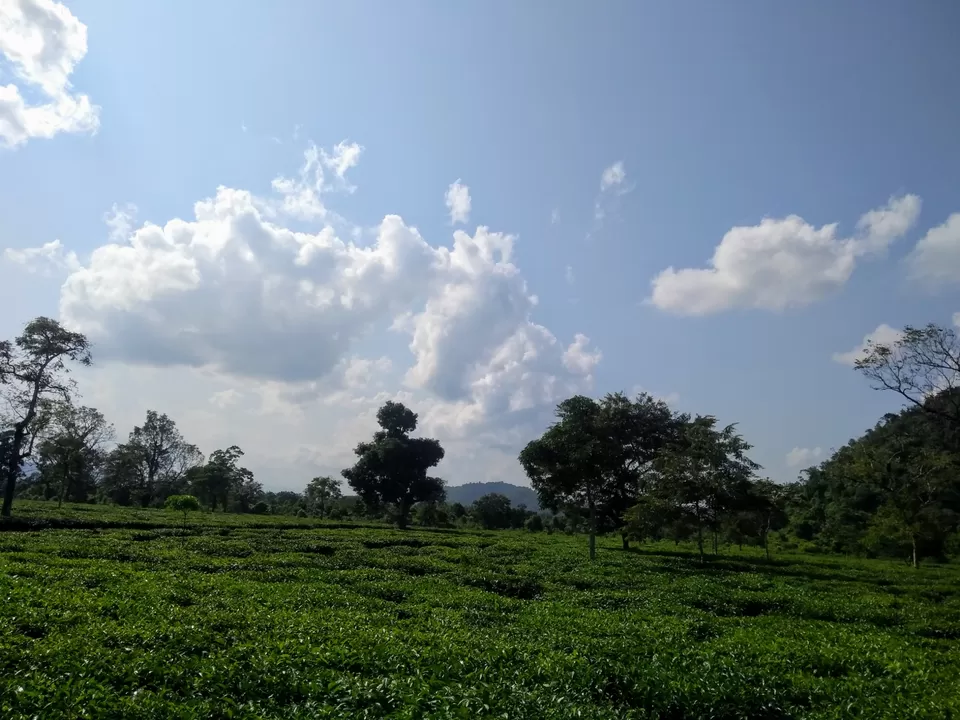
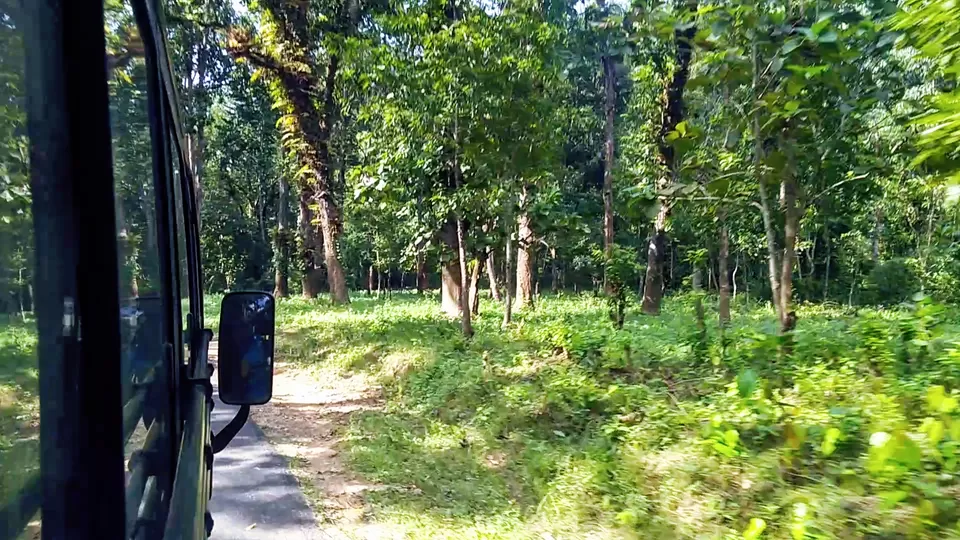
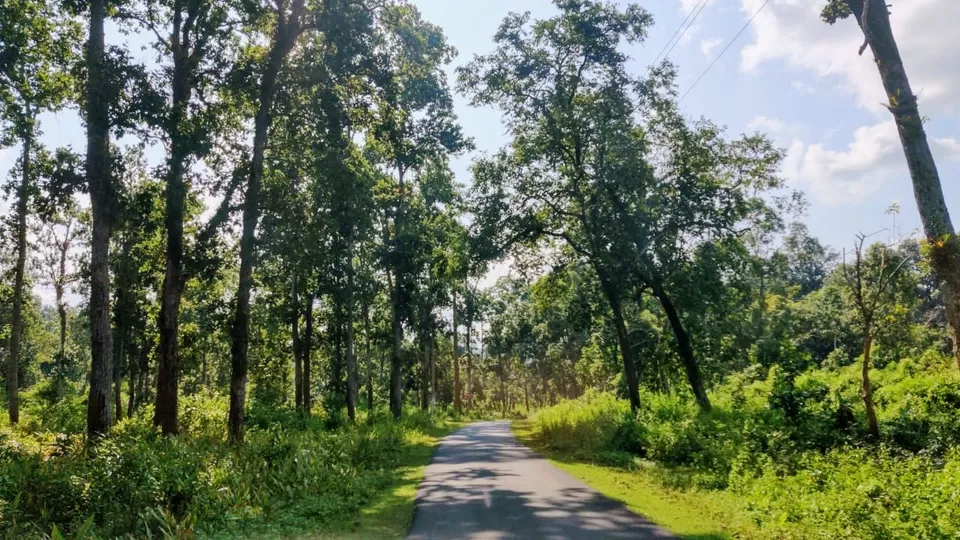
W reached the location at around 12 in the noon. The whole area of Chandubi is about 2000 hectare, while the lake area is of 448 hectare. The local boatmen took us to the other side of the lake where Chandubi Eco resort and space for Eco camp is located. The cost per person of the rowing in the calm lake water is only Rs 30. We went to the part of the site where Chandubi home stay is located where the locals provide Changhar and bamboo homes for the tourist along with mouth watering ethnic dishes.
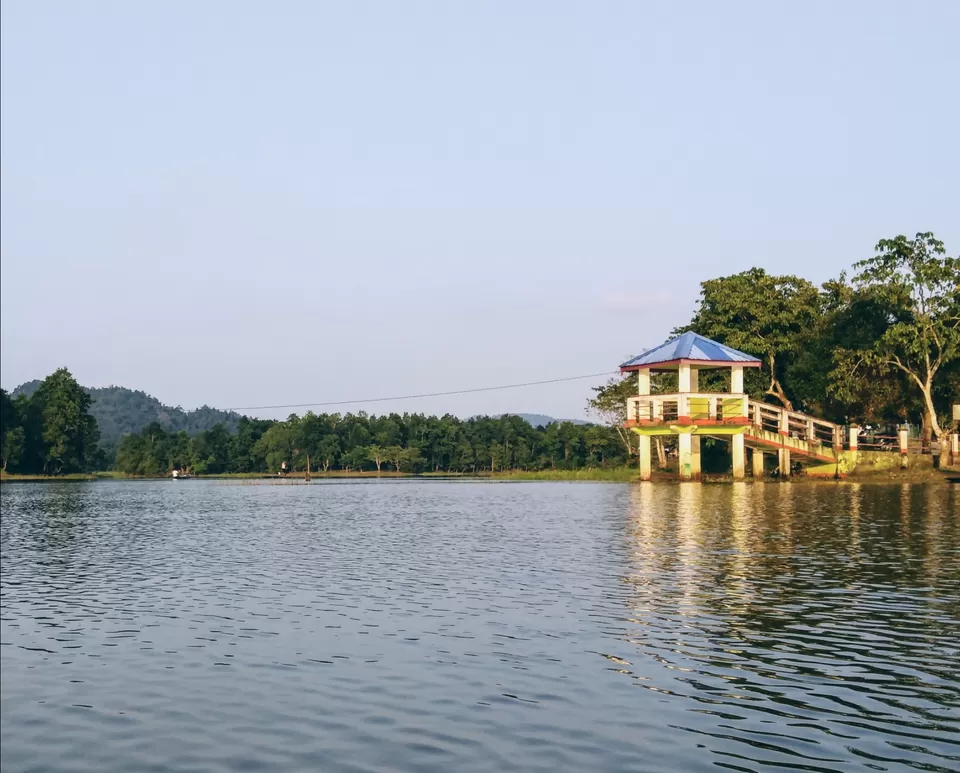
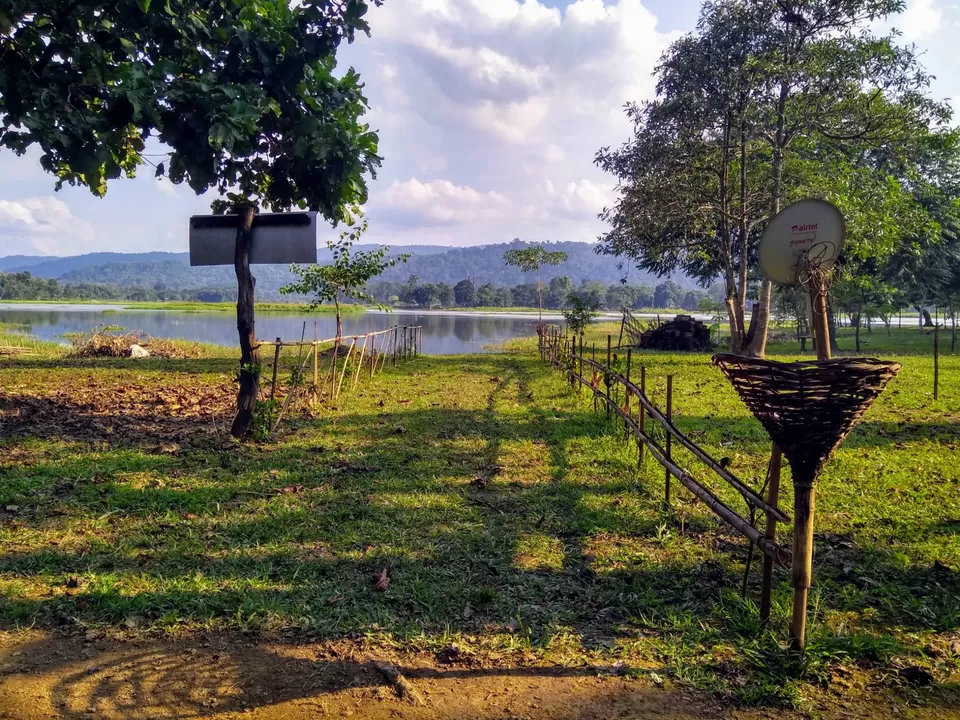
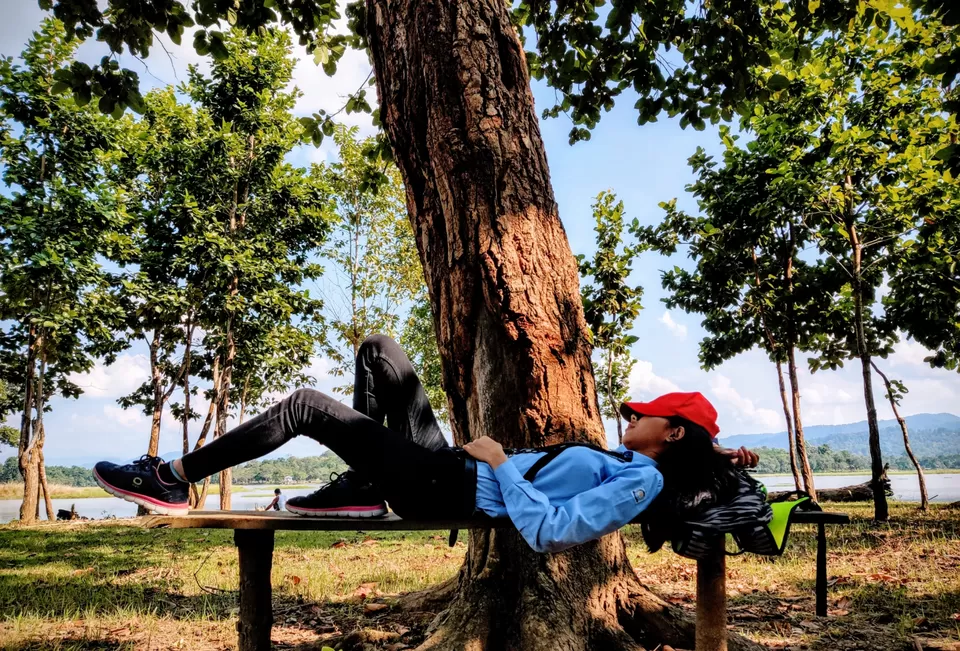
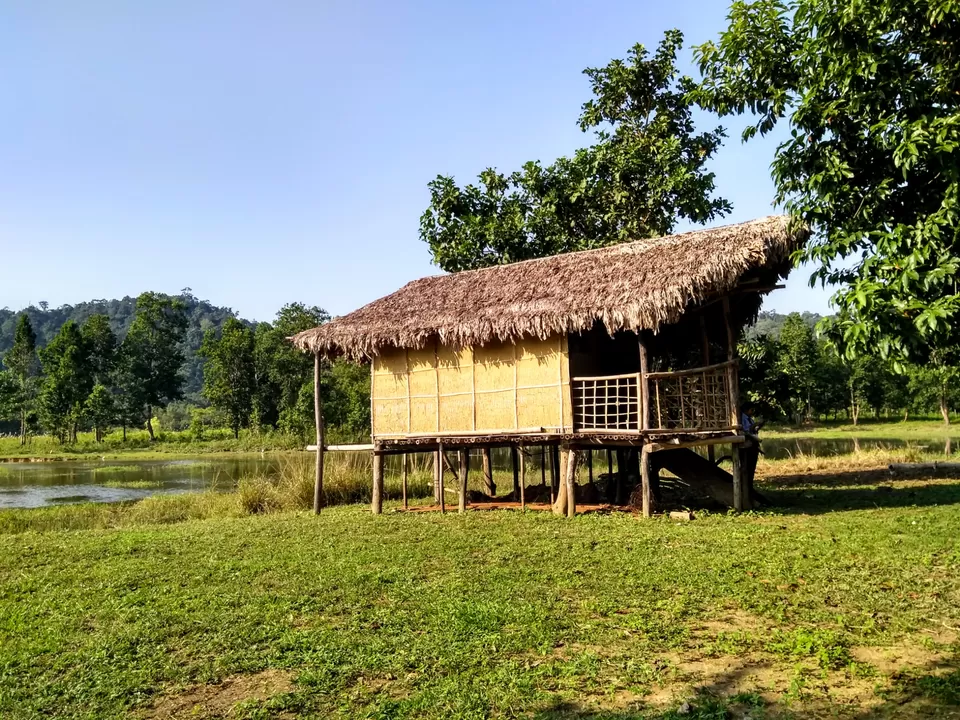
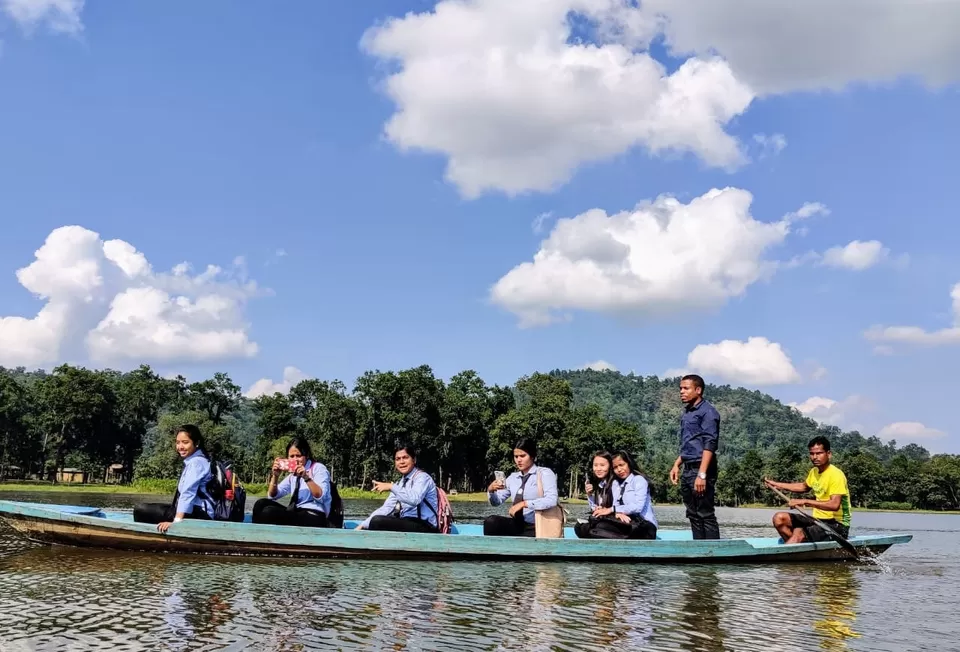
Chandubi Lake was formed as a result of catastrophic submergence of forest during the massive earthquake in Assam on 12 June 1897. According to the locals, Chandubi was a hilly area with five mountains before 1897. The five mountains had sunken into the ground during the earthquake and form the lake. The chief feature of the lake is natural lagoon that has been formed in the lake and the home to large number of aquatic plants. It provide appropriate breeding ground for both the residential and migratory birds, thus attracts a significant amount of migratory birds in the month of October to April. The White throated bulbul in Sal trees are common in the forest.
Locals say that there were once numerous populations of clouded leopards, Bengal tigers and Gangetic crocodiles. The lake offers to it's visitors the opportunity to go for fishing.
From the view of undulating green mountains, to fresh blue water of serene lake and dense deciduous forest, Chandubi possess everything to allure a nature lover and backpackers.
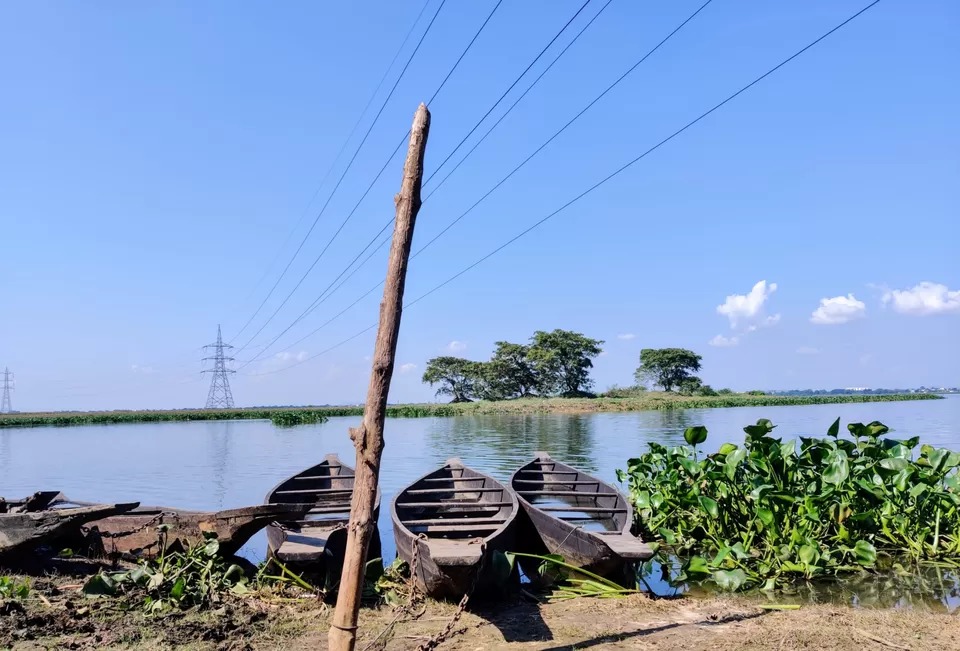
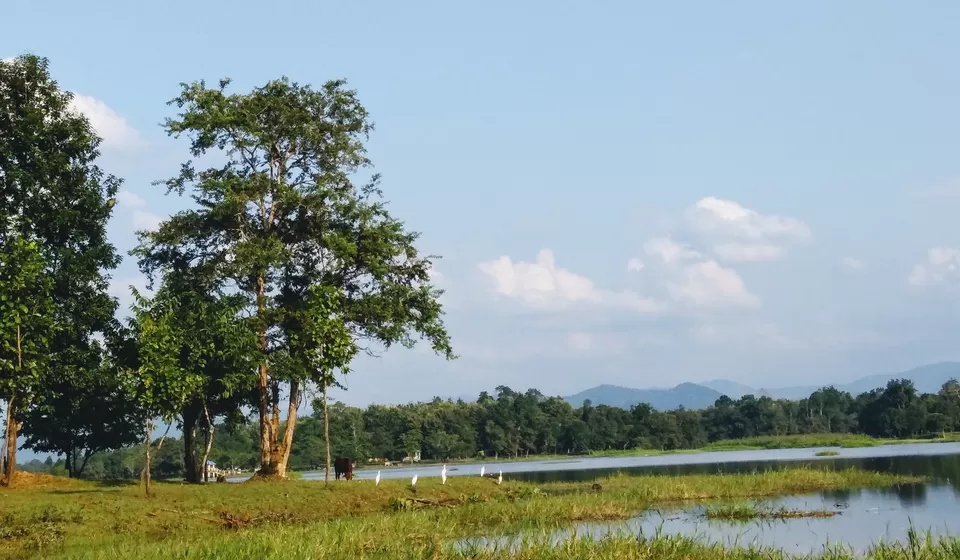
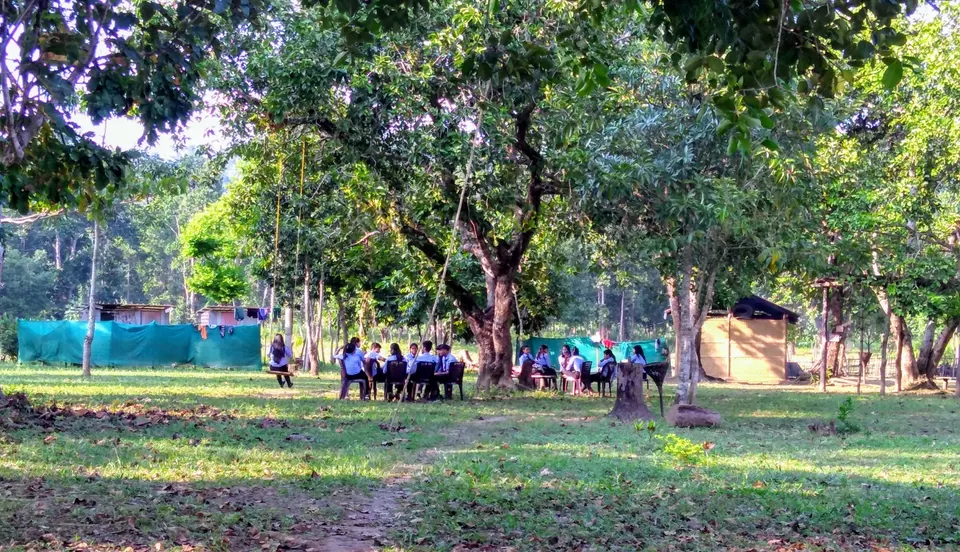
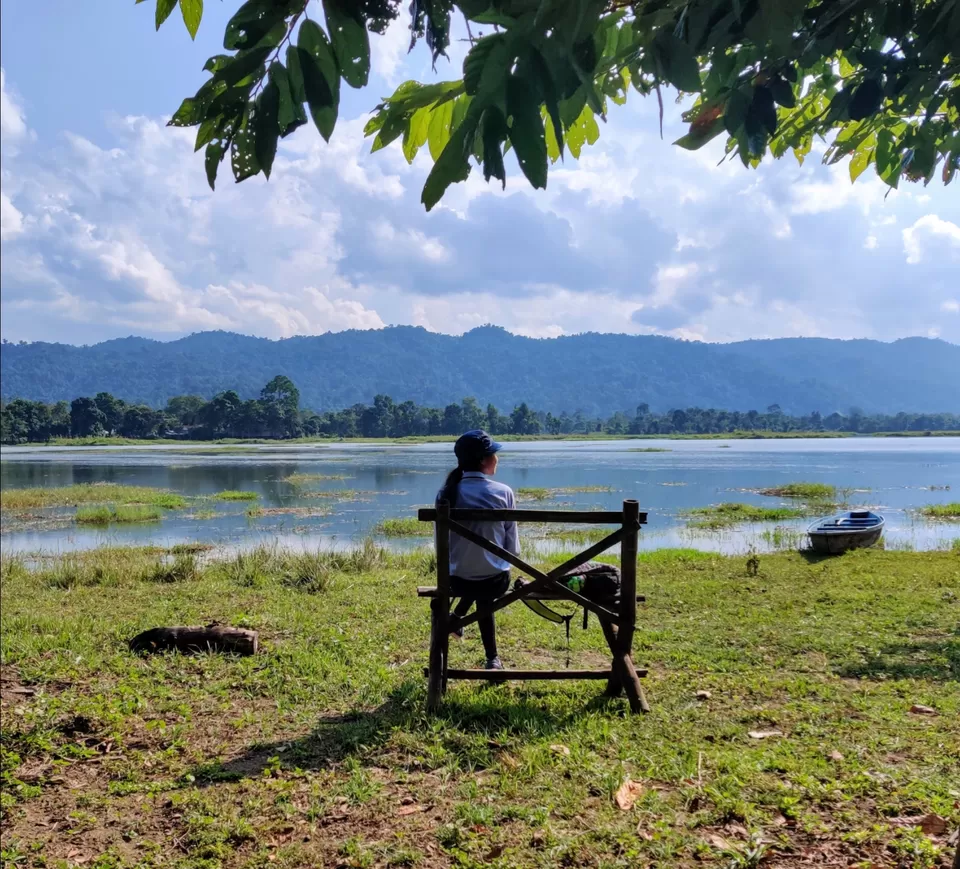
The introduction of Eco tourism has helped improve the pitiful condition of local tribal people of the isolated area. This tectonic wetland has been a sacred spot for Rabha dominant agglomerations. The warm hospitality of the people and their mouth-watering ethnic delicacies always offer a warm welcome to any outsider.
The state administration, along with locals, organizes the famous Chandubi Festival in the first week of every year. This festival celebrates the cultures of different tribes residing in the Borduar-Mayong Forest Range in the Garo Hills adjoining Meghalaya & Assam. Tourists visit the great native festival from all across the World. This festival is all about the diverse food, fabric, traditional war-tactics, dance, arts and handicrafts, traditional herbal treatments, ancient fishing & hunting tactics, boating, farming and harvesting, etc of different tribes.
We felt so privileged that our college arranged this mini field work to this exotic niche. The locals who were in charge of the Chandubi homestay prepared lunch with all their ethnicity. We had banana flower curry, dry sabji made with herbal leaves, three different types of chutneys, dense daal and authentic lemon that fulfilled our taste buds to the fullest.
Due to the industrialisation and modernisation the lack has been undergoing drastic shrinking every year. Many endemic species has become endangered because of habitat destruction and Sal trees are decreasing due to high demand of timber in the market. These issues has become a matter of consideration for the tourist department of Assam.
The beauty of this lake along with mesmerizing surrounding is a legacy of Assam which is proving to be the perfect weekend getaway for the best of natural sightseeing and picnics for people of the city. I am definitely going to this place again, that too during the famous Chandubi festival, to camp, eat and get lost in it breathtaking view.
